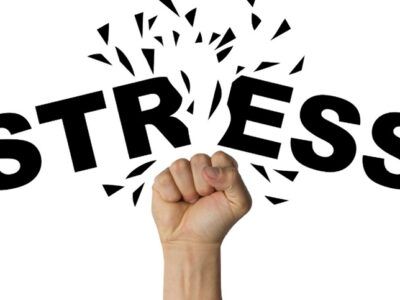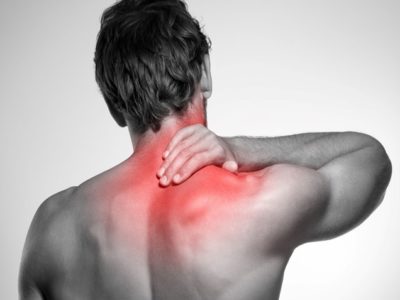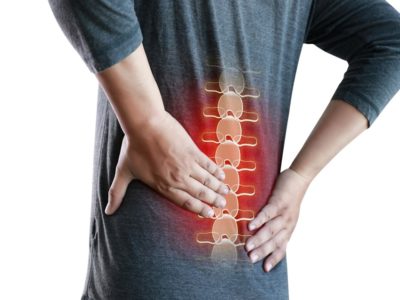Chronic pain affects millions of people worldwide and is one of the leading causes of disability. It can be debilitating, both physically and mentally, taking a toll on emotional well-being. While medical science has made great strides in understanding chronic pain, there is still much to learn about its underlying causes. One factor that may contribute to chronic pain is stress. Stressful events or situations can trigger physical sensations such as muscle tension and headaches, which over time, can lead to more serious conditions like fibromyalgia or arthritis. In this article, we explore the connection between stress and chronic pain and how you can better manage these uncomfortable experiences.
The Vicious Cycle of Stress and Pain
Placing strain on our bodies by constantly exposing ourselves to stress can lead to chronic pain. Stress causes the body to produce cortisol, a hormone that prepares us for the fight-or-flight response. Over time, however, consistently high cortisol levels can contribute significantly to chronic pain.
Moreover, chronic pain can lead to more stress, creating a vicious cycle. People often experience higher stress levels because they’re in pain, which in turn exacerbates the pain itself. Breaking this cycle can help to manage and alleviate chronic pain effectively.
Science Behind the Connection
Stress and chronic pain are connected in various ways, and understanding the science behind this connection is crucial. Stress activates a part of the brain called the hypothalamic-pituitary-adrenal (HPA) axis, which controls our response to stress. The HPA axis activates the production of adrenocorticotropic hormone (ACTH) and cortisol, which causes inflammation and increases pain sensitivity.
Chronic pain can also alter the brain’s structure and function, making it more susceptible to stress. Pain increases the release of neurotransmitters such as glutamate and substance P that contribute to the perception of pain. This may lead an individual in a constant state of pain to experience heightened stress levels.
Managing Stress and Pain: Lifestyle Changes
Achieving balance is essential in coping with stress and managing chronic pain. Integrating healthy routines into your lifestyle not only reduces stress but also helps to break the cycle of pain. Some approaches include:
- Exercise: Regular physical activity releases endorphins and promotes better sleep, both of which can help manage stress and reduce pain.
- Sleep: Ensuring you get an adequate amount of restorative sleep is crucial for stress and pain relief. Establish a regular sleep schedule, and create a relaxing bedtime routine to prepare your body for rest.
- Diet: Consuming a healthy, balanced diet lowers stress levels and inflammation, which can help reduce chronic pain.
- Mindfulness: Mindfulness-based stress reduction (MBSR) techniques, such as meditation and deep breathing, reduce stress and help manage pain.
- Social Support: Engaging with your friends and family, as well as participating in support groups, can help reduce stress and facilitate coping with chronic pain.
Professional Help for Pain Management
Sometimes, lifestyle changes may not be enough to break the cycle of stress and chronic pain. In such cases, seeking professional help can be beneficial. An experienced healthcare provider for pain management in Des Moines can assess your condition, determine the underlying causes, and provide solutions. A combination of treatments such as physical therapy, medication, and counseling can help manage stress and reduce chronic pain. So don’t hesitate to seek help if you think your pain is associated with stress.
To Conclude
Stress and chronic pain are closely intertwined, and managing both is essential for improved well-being. By understanding the connection between stress and chronic pain, you can take proactive steps to reduce inflammation and manage your symptoms. And if lifestyle changes alone don’t help, don’t hesitate to reach out for professional help. With the right approach, you can break the cycle and regain control over your life.












Comments